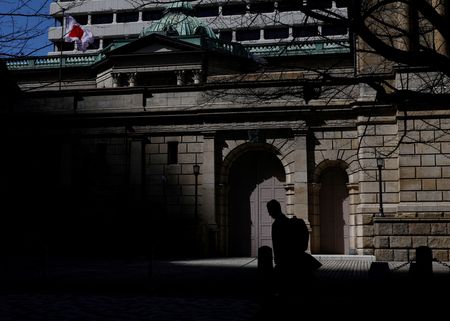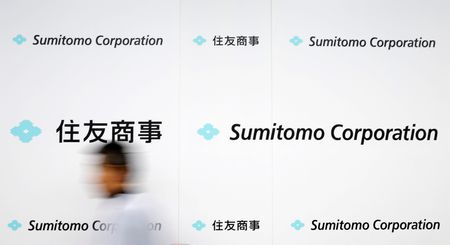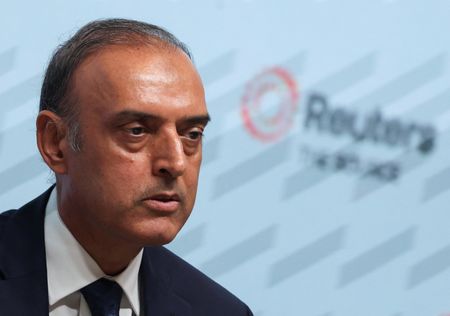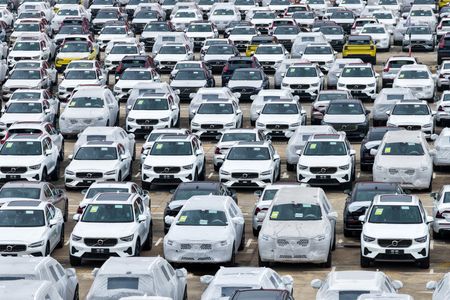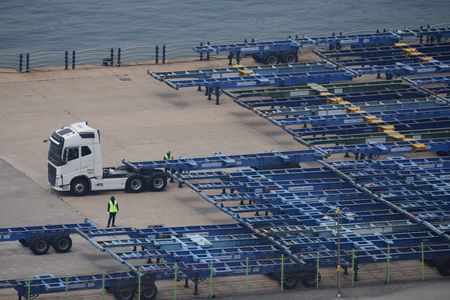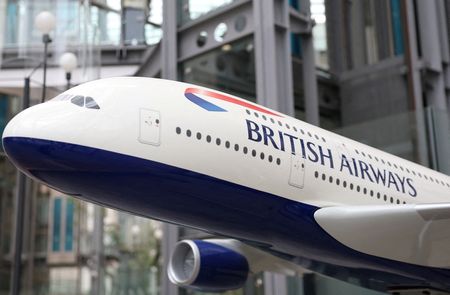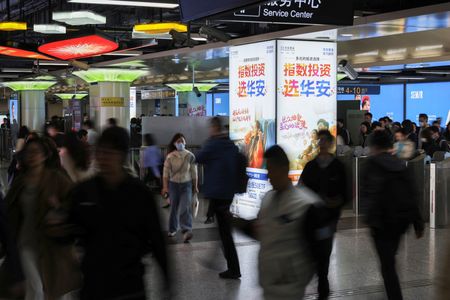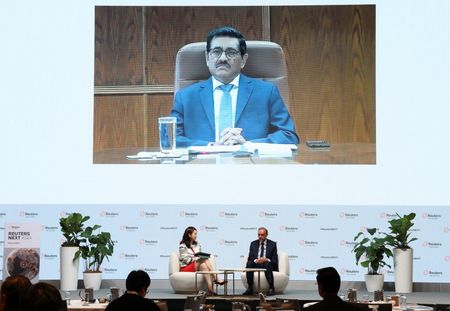By Leika Kihara and Takahiko Wada
TOKYO (Reuters) -The Bank of Japan will likely hold off raising interest rates again until at least next March to assess the damage that U.S. tariffs could inflict on the economy, former central bank policymaker Makoto Sakurai said on Wednesday.
U.S. President Donald Trump on Monday ramped up his trade war by notifying 14 nations, including Japan, that they now face higher tariffs from a new deadline of August 1.
The hit to exports and a lack of progress in Japan’s trade negotiations with Washington will likely force the BOJ to downgrade its growth forecasts in new quarterly projections due on July 31, said Sakurai, who retains close contact with incumbent policymakers.
The central bank will also put off raising rates until it can confirm whether firms will keep increasing wages and capital spending, he said.
Among key factors the BOJ will scrutinise include its “tankan” business sentiment survey due in early October, and signals from companies on next year’s wage outlook due around September through October, Sakurai told Reuters in an interview.
“Conditions that would have allowed the BOJ to raise rates this year are crumbling due to Trump’s latest announcement,” he said, adding Japan will likely struggle getting exemptions from U.S. automobile tariffs.
“The BOJ probably wants to raise rates further. But given the difficult economic environment, the earliest the BOJ could resume rate hikes will be March,” he said.
The timing could be delayed further to fiscal 2026, which begins in April next year, if Trump’s tariffs hit companies’ profits hard, he said.
The BOJ exited a decade-long, massive stimulus last year and raised interest rates to 0.5% in January on the view Japan was on the cusp of sustainably achieving its 2% inflation target.
While the central bank has signalled readiness to raise rates further, the expected impact of U.S. levies forced Governor Kazuo Ueda to signal a pause in hiking borrowing costs.
Further muddling the policy outlook, consumer inflation has exceeded the BOJ’s 2% target for more than three years as companies continue to pass on rising raw material costs.
“Inflation-adjusted, real borrowing costs are still very low, so the BOJ probably wants to eventually raise rates at least to 1%, and ideally to around 1.5%,” Sakurai said.
“But with Trump’s tariffs, it’s hard to justify raising rates for the time being.”
(Reporting by Leika Kihara and Takahiko Wada; Editing by Kim Coghill)

